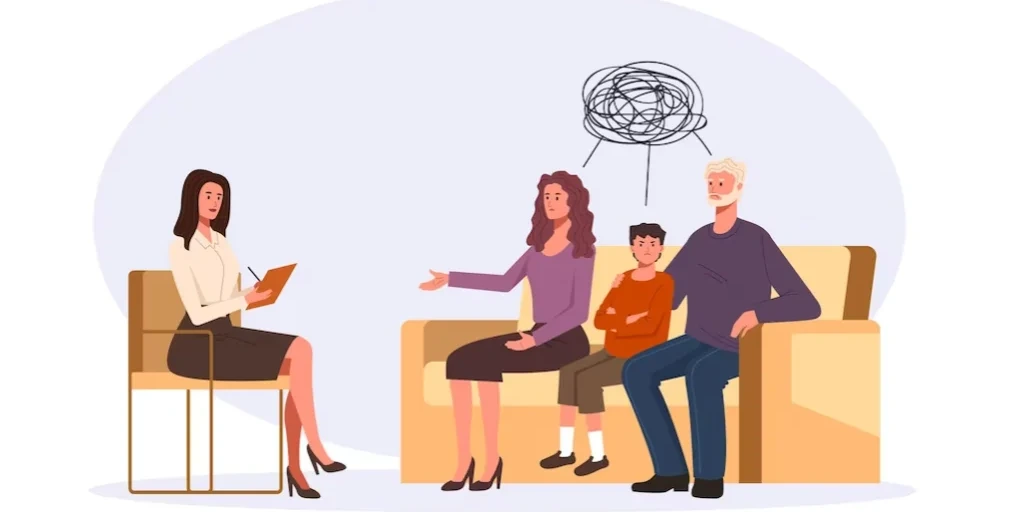24/7 Helpline:
(866) 899-221924/7 Helpline:
(866) 899-2219
Learn more about Eating Disorder Treatment centers in Hopkins County

Other Insurance Options

Medical Mutual of Ohio

Magellan Health

GEHA
Beacon

Holman Group

American Behavioral

Covered California

WellPoint

MVP Healthcare

BlueShield

Magellan

UnitedHealth Group

Health Partners

Providence

Kaiser Permanente

CareSource

Aetna

Horizon Healthcare Service

Ceridian

Coventry Health Care

Spero Health – Madisonville
Spero Health – Madisonville is a private rehab located in Madisonville, Kentucky. Spero Health – Mad...

Volunteer Behavioral Health – Hiwassee Mental Health Center
Volunteer Behavioral Health - Hiwassee Mental Health Center is located in Madisonville, Tennessee. V...






































Pennyroyal Center
Pennyroyal Center is a private rehab located in Madisonville, Kentucky. Pennyroyal Center specialize...

Madison County Mental Health
Madison County Mental Health is a public rehab located in Madisonville, Texas. Madison County Mental...










































































































